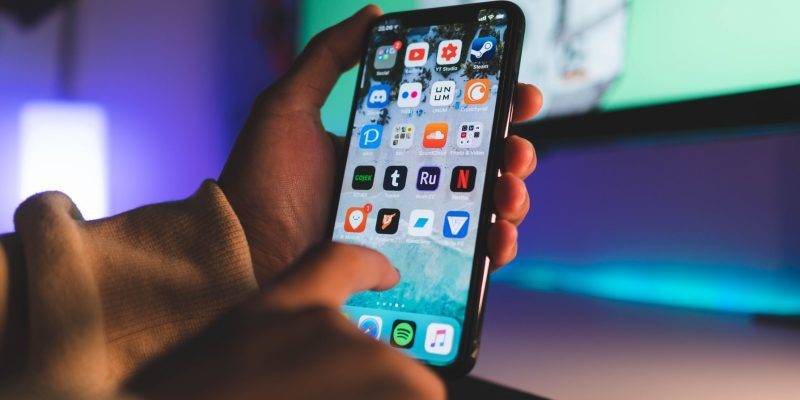Samsung Sues Apple After iPhone Sales Fail To Meet Targets

It may not be known to many but Samsung’s and Apple’s relationship runs deeper than just rivals, the two are in a customer-supplier relationship. See, Samsung’s subsidiary, Samsung Display, supplies Apple with OLED panels.
Back in 2017 when Apple was launching its first OLED phone, the iPhone X, the company made a deal with Samsung that the latter would not only supply the fruity company with 100 million OLED panels every year, but they would set up a dedicated factory just to meet this demand without fail.
Well, as the story goes, Apple did not sell that many iPhone X units, actually, it is estimated that the company barely sold half that number.
This massive slump in iPhone sales really took a hit on Samsung Display, which saw its revenues decline from $4.9 Billion in 2017 to $2.26 Billion in 2018. According to ET News, to add salt into the injury, Apple had hit Samsung with a fine over a number of OLED displays that had issues.
Following this loss, Samsung is now suing Apple, seeking compensation for the missed targets, since the factory setup is now operating at less than 50% capacity.
However, reports indicate that Apple will not actually pay monetary fines to Samsung, instead, the company will increase their OLED orders by awarding Samsung Display new contracts for the production of iPad displays and MacBook displays.
This news further stamps the rumours that Apple was finally ditching the use of LCD panels on their devices and switching to OLED panels. The winner from this is not only Samsung for getting more business but also consumers who will enjoy better display quality from their overpriced Apple gadgets.
For more of such stories, visit Gadgets-Africa.